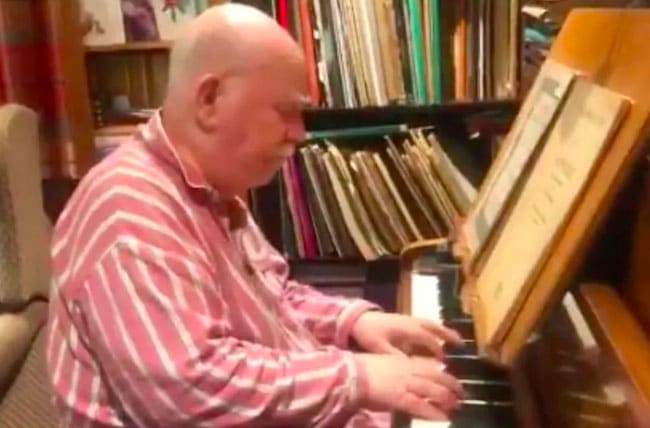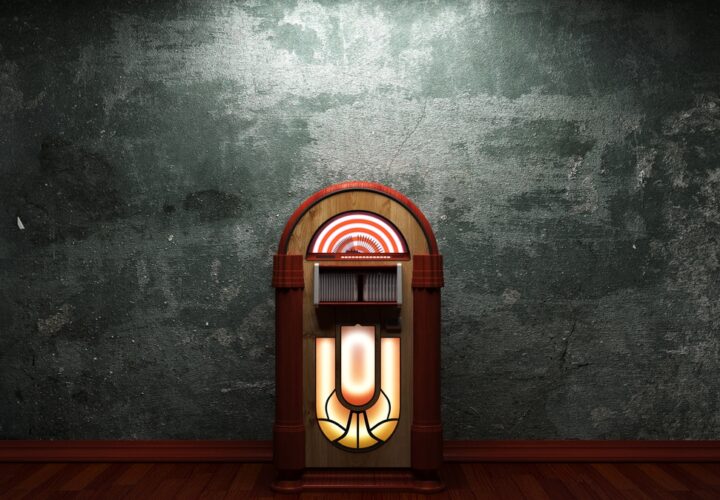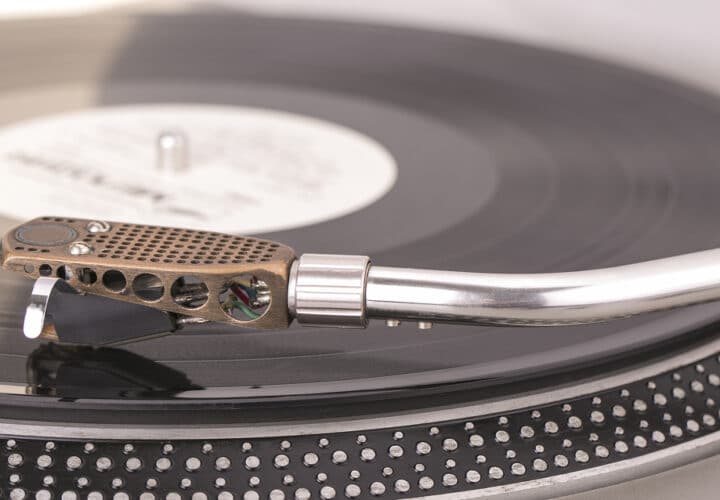Nick Harvey, a composer of music for television in East Sussex, England, recently posted to Twitter a video of his 79-year-old father, Paul Harvey, a pianist living with dementia:
“Dad’s ability to improvise and compose beautiful melodies on the fly has always amazed me,” Nick wrote. “Tonight, I gave him four random notes as a starting point. Although his dementia is getting worse, moments like this bring him back to me.”
The video shows him improvising a poignant song from four notes his son gave him on the fly.
Dad’s ability to improvise and compose beautiful melodies on the fly has always amazed me.
Tonight, I gave him four random notes as a starting point.
Although his dementia is getting worse, moments like this bring him back to me. pic.twitter.com/dBInVCTmfF
— Nick Harvey (@mrnickharvey) September 17, 2020
Paul Harvey’s brief Twitter concerto has been viewed more than 1.5 million times in the past few days, and its comments have become a trove of similar stories, like Mary Anne Kennan’s about her late mother, who passed away of dementia, but who was also a pianist:
This is so beautiful, brought tears to my eyes in a good way. It reminded me of my darling mother for whom music remained special to the end. Dementia is so cruel, music so wonderful pic.twitter.com/tLgkB77pmn
— Mary Anne Kennan (@MaryAnneKennan) September 18, 2020
Playing Music Is Procedural Memory
As Dr. Ronald Devere, a fellow of the American Academy of Neurology and director of the Taste and Smell Disorders Clinic in Austin, Texas, writes in Practical Neurology, “Despite the level of brain impairment and severity in dementia, certain activities remain preserved in most instances and are very resistant to decline. These include activities such as pedaling an indoor bicycle, enjoying music, dancing, and throwing a baseball. The person doing these activities may not know who you are or who they are, but these activities were learned and engrained in their younger years and remain.”
These activities, Devere writes, are called procedural memory (PM). They stay, while memory for events, knowledge and reasoning — or explicit memory (EM) — gradually disappears as dementia worsens.
In Oliver Sacks’ Musicology (2007), Sacks writes about the case of English musician Clive Wearing, who developed Herpes Encephalitis and sustained serious damage to his medial temporal lobes, reducing his memory span to under 15 seconds. However, his ability to play music, read music, sing, improvise and recall past occasions when he played a certain piano prelude were entirely intact.
Advanced dementia impedes executive function (judgment, planning, reasoning and insight), and one’s ability to communicate by impeding speech, language and an ability to connect ideas. Because it falls into the procedural memory category, music — the ability to play it and the ability to attach to and enjoy listening to it — manage to hang on as the disease progresses.
Music As Therapy
It’s not the first time Nick Harvey has posted about his father’s journey with dementia and music.
In a previous post, shared in the summer of 2019 and since viewed more than 3 million times, Paul Harvey plays a piano tune he wrote more than 30 years ago. He wrote the song, which he titled “Where’s the Sunshine,” for a musical in the 1980s when he was head of music and drama at Imberhorne School.
Dad has dementia. Sometimes he drifts into another world and I feel like I’m losing him. He is never more present, however, than when he plays the piano.
He came to mine today and I asked him to play one of his compositions. He thought he wouldn’t be able to remember it. pic.twitter.com/EQGcXBwB3w
— Nick Harvey (@mrnickharvey) June 23, 2019
In the text accompanying that post, Nick mentions how his dad sometimes “drifts into another world.” Experts say music can help bring people with dementia back when they drift.
“People with dementia are confronted by a world that is unfamiliar to them, which causes disorientation and anxiety” said Dr. Jeff Anderson, an associate professor in Radiology at U of U Health, said in a news release. “We believe music will tap into the salience network of the brain that is still relatively functioning.”
“When you put headphones on dementia patients and play familiar music, they come alive,” Jace King, a graduate student in the Brain Network Lab and co-author with Anderson on a music study, added. “Music is like an anchor, grounding the patient back in reality.”
For these reasons, music is an increasingly popular subject of study as a dementia treatment, found in recent studies to be both anecdotally and clinically helpful in easing the symptoms of dementia.
Indeed, in local news coverage of Harvey’s “Where’s the Sunshine” performance, the Harveys told reporters the piano has been a source of strength for Paul since his diagnosis of dementia in early 2019.
“Sometimes we’ve noticed that he will lose his focus a little bit or he’s not kind of there with it but as soon as he starts playing the piano, he’s back in the room and totally connected,” Nick Harvey said in the news clip.
Paul said, “I feel as if I come alive when I play the piano, even when I’m not feeling very well.”
For Nick and so many of the people who commented on his recent post about their own experiences finding comfort in music during their loved ones’ experiences with dementia, it is not only a source of comfort for the person living with dementia, but for the people around them.






